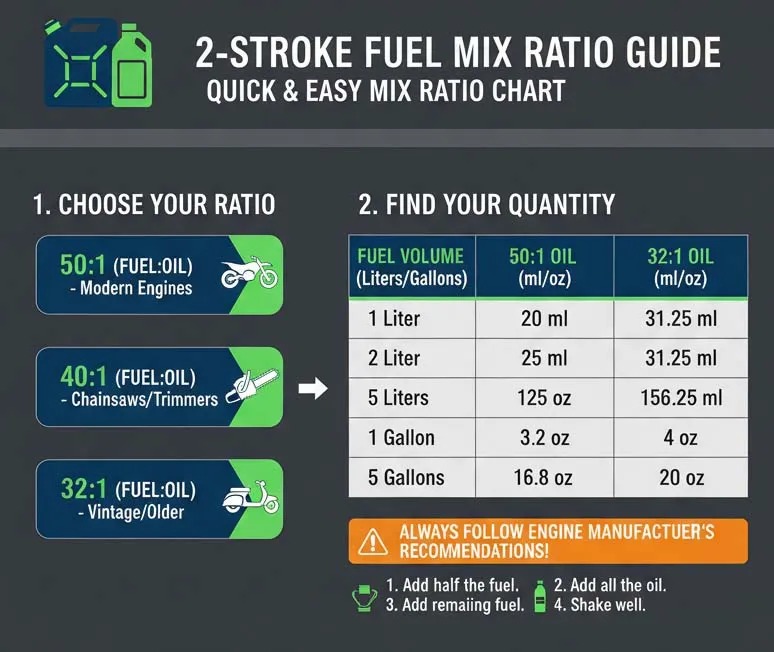
Key Takeaways:
Introduction
Vehicle inspection reports play a crucial role in lemon law cases, serving as key evidence when drivers seek compensation for defective vehicles. In practice, these reports serve as a chronological log of every diagnosed issue, repair attempt, and diagnostic result related to the vehicle in question. When a vehicle repeatedly suffers from mechanical issues or fails to meet reasonable standards of quality, detailed inspection records can significantly strengthen a legal claim, as they serve as a neutral record of the car’s deficiencies, regardless of personal opinions or recollections. The California lemon law attorneys of Timothy Abeel assist consumers in understanding their options and leveraging inspection reports for maximum legal impact, especially when navigating complex state regulations or negotiating with automakers.
Whether pursuing a refund, replacement, or cash settlement, inspection reports document a vehicle’s true condition and repair history, functioning as a backbone for a consumer's case against the manufacturer. These documents not only verify consistent problems but also illustrate that the manufacturer or dealer had adequate opportunities to correct the defects, a critical requirement under most state lemon laws. As such, consumers must recognize how inspection reports serve to empower their claims under state lemon laws by providing irrefutable, written proof of a persistent pattern of failures and failed remedies.
Understanding Lemon Laws
Lemon laws exist to protect individuals who purchase or lease vehicles that repeatedly fail to meet quality and performance standards, despite reasonable attempts to rectify the issues. While these laws differ across states, nearly all require that the vehicle undergo a reasonable number of repair attempts (often two or three) for the same defect before the consumer can request a refund or replacement. This requirement is put in place to ensure that automotive manufacturers and dealerships have been given an adequate opportunity to fix the issues before the law steps in to require compensation. Lemon laws are designed to ensure car buyers are not left with chronically malfunctioning, unsafe, or undrivable vehicles, creating a legal safety net for consumers who may otherwise have little recourse against powerful companies.
The process for seeking relief, and the criteria for qualifying as a “lemon,” can vary based on the vehicle’s age, mileage, and type of issue, making it essential for affected consumers to carefully track all vehicle repairs from the moment a defect is first noticed. Consumers facing persistent car problems can rely on lemon laws to hold manufacturers accountable, but success often hinges on the strength of their supporting documentation. Detailed records can distinguish between an isolated issue and a true lemon by revealing a pattern of repeated defects and unsuccessful repairs over time.
Importance of Vehicle Inspection Reports
A vehicle inspection report is far more than a mechanic’s checklist. It offers a chronological, objective record of defects, symptoms, and repairs, establishing a timeline of the vehicle’s issues and the actions taken to address them. These reports are often the first line of defense for consumers, as they reveal the problems present at specific points and the steps taken to address them—offering vital transparency regarding recurring issues or patterns of malfunction.
When repeatedly experiencing the same problem, a pattern established in the inspection report can demonstrate nonconformity with warranties or consumer expectations, highlighting that the manufacturer or dealership has had ample opportunities to provide an effective fix. Manufacturers typically require documented proof that they were notified and given opportunities to rectify the situation—making these reports the linchpin of any lemon law claim. Without them, proving the persistence or seriousness of the issue can become much more challenging, weakening a consumer’s position during negotiation or litigation.
Components of a Comprehensive Inspection Report
How Inspection Reports Strengthen Lemon Law Claims
The power of an inspection report lies in its consistency and credibility. By demonstrating that the same defect surfaced repeatedly—despite legitimate repair attempts—and that the manufacturer’s repair efforts failed to resolve the core issue, the report provides the objective proof courts and arbitration panels require for a lemon law case. It also helps establish whether the manufacturer had a fair opportunity to resolve the issue, an essential consideration under most state statutes.
Additionally, these reports support the legitimacy of the consumer’s claim, countering any manufacturer's arguments that the problem is minor, not persistent, or attributable to the owner's abuse or neglect. A well-kept inspection report will clearly show a pattern that points to a vehicle defect rather than owner misuse, especially as the same symptoms are recorded before and after repairs.
Challenges in Utilizing Inspection Reports
Despite their importance, inspection reports can sometimes fail to provide the necessary support for a claim. Challenges may include missing details, incomplete repair histories, unclear documentation, or ambiguous mechanic notes. In some cases, critical pages may be misplaced or the records may not be cross-referenced with warranty claims, potentially creating gaps in the vehicle’s documented history. In some instances, a manufacturer may contest the objectivity of the documentation, arguing that miscommunication or exaggeration of the issue occurred, or even suggest that repairs recorded were routine and not indicative of a defect. Overcoming these challenges demands diligence in record-keeping and attention to every detail in the documentation process.
Best Practices for Consumers
Final Thoughts
In lemon law cases, vehicle inspection reports are indispensable. They provide the objective evidence necessary to show a vehicle’s ongoing defects and the manufacturer’s inability—or unwillingness—to fix them, even after multiple attempts. By being thorough with documentation, working with certified mechanics, and seeking professional legal guidance, consumers can maximize their chances of a successful lemon law claim. Knowledge, diligence, and expert support are the keys to turning a frustrating situation into a fair resolution. Vigilance in keeping inspection reports and all communications consistent and up to date can tip the scales in the consumer’s favor, ensuring that their rights are protected throughout the lemon law process. Understanding and utilizing the power of vehicle inspection reports translates into stronger legal standing and peace of mind.

This post has been published by the admin of our website, responsible for content management, quality checks, and providing valuable information to our users.


